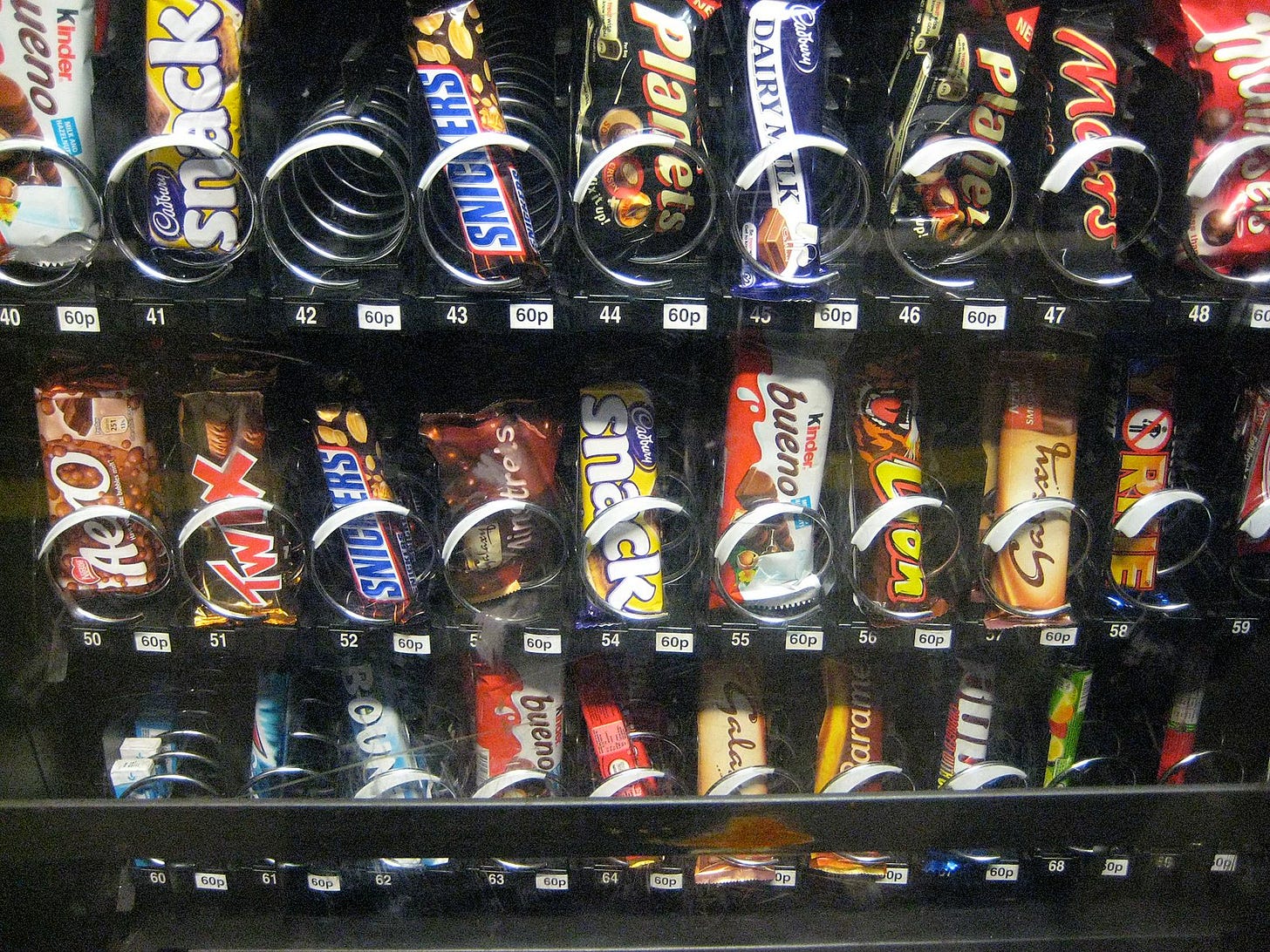“Forgive me, Lord: I’ve died so little” (Cesar Vallejo)
I decided to train as a Chaplain in the US, at Upaya, Zen Center. I was almost finished writing my PhD and had no desire to return to university to do a one year Chaplaincy Masters. Instead I took up a 2-year training in a Zen monastery, with two compulsory periods per year of intensive studying and training and several other retreats depending on your chosen interests and expertise. I trained particularly in trauma and resilience and death and dying; as I was working with refugees and asylum seekers suffering from enormous grief and loss.
My final dissertation was called Radical Chaplaincy. One of the teaching retreats which left the greatest impression on me was called Radical Responsibility, taught by Fleet Maull. Fleet Maull, who spent several years in prison in the USA on serious drug charges, writes:
“I define Radical Responsibility as the voluntary choice to assume or embrace 100% ownership for each and every circumstance we face in life, not as some kind of “should” or burden, but rather as a conscious act of self-empowerment and the genuine exercise of personal freedom”.
Radical responsibility is a move away from blame and shame, towards choice and freedom. It means that we no longer have to ponder over past events in order to find out who did what and who can be held accountable. Though we may still find it interesting to reflect on what has happened to us in the past, we do so with an eye to the future. Our understanding of events is limited in many ways by the uncertainty of memory and conditioned habits which affect our perceptions. Radical responsibility frees us from the need to be certain in our knowing and loosens the grip of attachment to blame of self or others.
During the Chaplaincy training many people contended that a small child cannot embrace ownership of abuse, but this is not what radical responsibility means. I take it to mean that causes and conditions have come together to make things as they are. And these causes and conditions go back a very long way.
In the Zen chant of atonement, we say:
“All my ancient, twisted karma
From beginningless greed, hatred and ignorance,
Born of my body, speech and thought,
I repent of it now”.
So, causes and conditions are ‘beginningless’. There is no way to find out where something started because it goes far back beyond what we can remember or what we have experienced. This is not a denial that abuse occurs or has occurred, or that we may have suffered at the hands of others or that we may cause others to suffer unnecessarily. Instead, it is a way of looking with equanimity, acknowledging that in this particular moment things are as they are because of those causes and conditions. And I have a choice: a choice to influence the next moment with more wholesome intention. I find this way of looking at things immensely powerful and liberative.
We limit our choices when we give away our power by blaming others. When I feel any discomfort in a situation, the easiest thing to do is to push away the unease by blaming somebody else. We all do this, because we do not like the uncomfortable body sensations or thoughts which accompany knowing we may have made a mistake. The easy option is to point the finger elsewhere. But like I said, radical responsibility has nothing to do with self-blame either. It is stepping out of the shame and blame paradigm altogether. It is about acting with skill and mindfulness and cultivating self-reflexivity.
Without a dedicated mindfulness practice in daily life, it is hard to build up the capacity to notice when I am devolving responsibility to an outside force. Without developing the skill of discernment, I might argue that taking responsibility for the next step somehow means that the other person is ‘getting away with murder’. Just consider how a movement like restorative justice is counter cultural in a society where punishment and retribution is viewed as the only way to counter crime.
I remember introducing inmates in prison to the notion of radical responsibility. So many things got in the way, such as views on honour, justice, punishment, pride, strength and weakness. Some men were in prison because of their felt need to get justice and to punish others who had wronged them. The majority I worked with had unacknowledged trauma and most had grown up in poverty or in broken families. All of them were just like you and me.
We reflected on how conditioned reactions resemble the mechanics of a vending machine. One person says ‘A’ and the reaction is always ‘B’. I want a Mars and I punch in the number 47. I get a Mars. Blame works like this. I feel unhappy; I blame someone else. Only when you step out of this paradigm and take responsibility, can you ensure a different response.
When I read “Forgive me, Lord: I’ve died so little”, it points me to the issue of radical responsibility. We die in each moment and in each breath, and as we take a new breath and a new moment arises, we are born again. The essence of this line of poetry hinges on what we decide to do with each new breath. For each small moment of death and resurrection to have meaning, we must choose new life rather than a repetition of the old.
Alex Honneth writes:
“For up to the present day, in the self-descriptions of those who see themselves as having been wrongly treated by others, the moral categories that play a dominant role are those – such as ‘insult’ or ‘humiliation’- that refer to forms of disrespect, that is, to the denial of recognition. Negative concepts of this kind are used to designate behaviour that represents an injustice not simply because it harms subjects or restricts their freedom to act, but because it injures them with regard to the positive understanding of themselves that they have acquired intersubjectively”, (1995, p.131).
Honneth is writing about the importance of recognition, being seen. When we devolve responsibility to others by blaming them, even if they have injured us and caused us harm, we simultaneously fail to recognise the power within each of us to choose differently, more wisely. Radical responsibility is by no means saying that we are independent of one another. In fact, the act of not blaming or shaming another is necessary for wholesome action and relationship to arise. Radical responsibility accepts what harms may have happened to us in the past, without diminishing or denying them. And it also empowers us to let go of bitterness and blame, so that we can move forward with dignity. Radical responsibility is necessary for us to truly see the other as a fellow human being, therefore rendering dehumanisation impossible. Imagine how the world would be truly transformed if each of us took radical responsibility for everything that happened to us.
Perhaps consider if there are areas in your life where you are more likely to blame or shame others rather than take responsibility.
Is the shame or blame directed outwards or towards the self? Where do you need more self-compassion?
Notice any arguments and resistance which arise in relation to radical responsibility. Do you work just like the vending machine?




